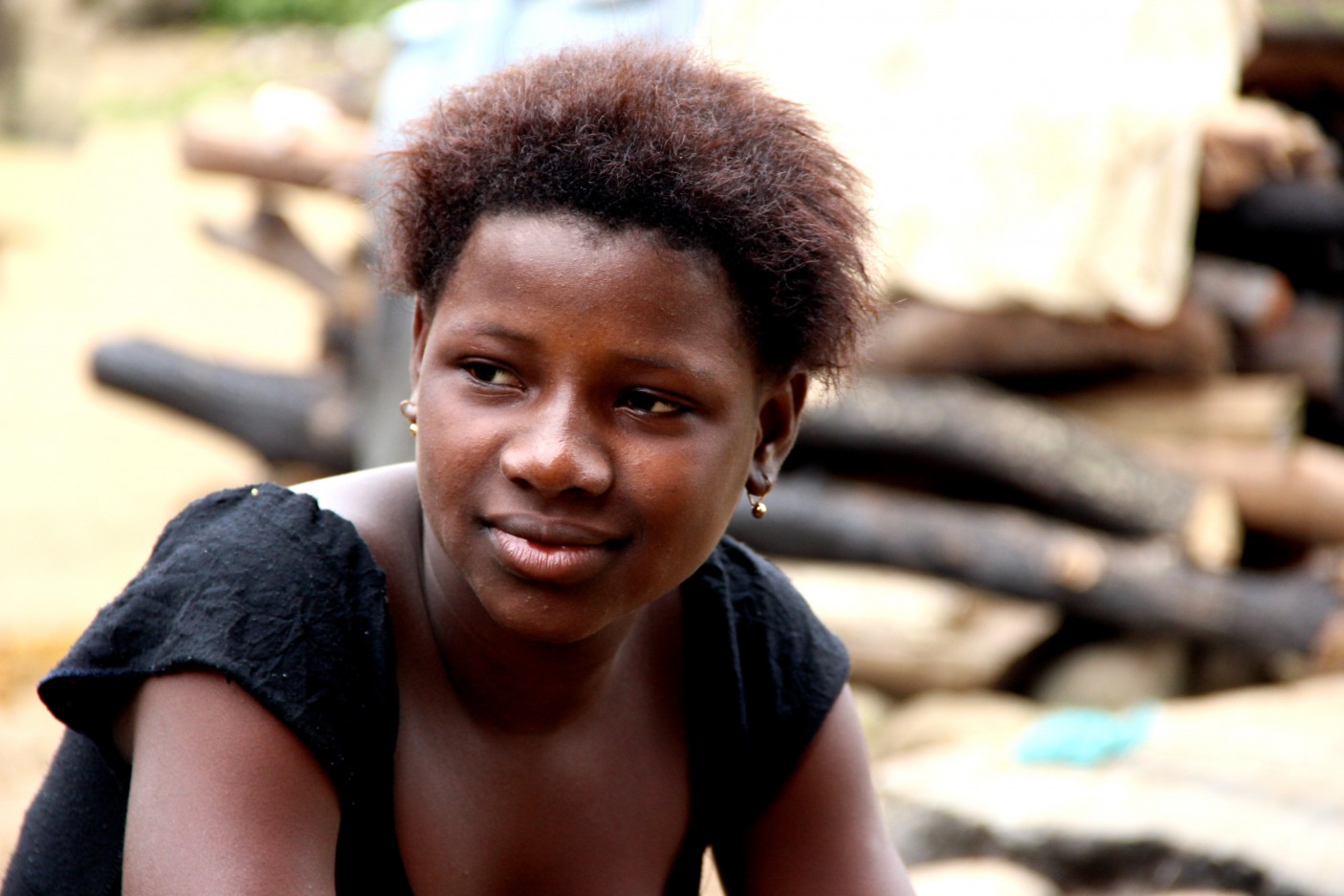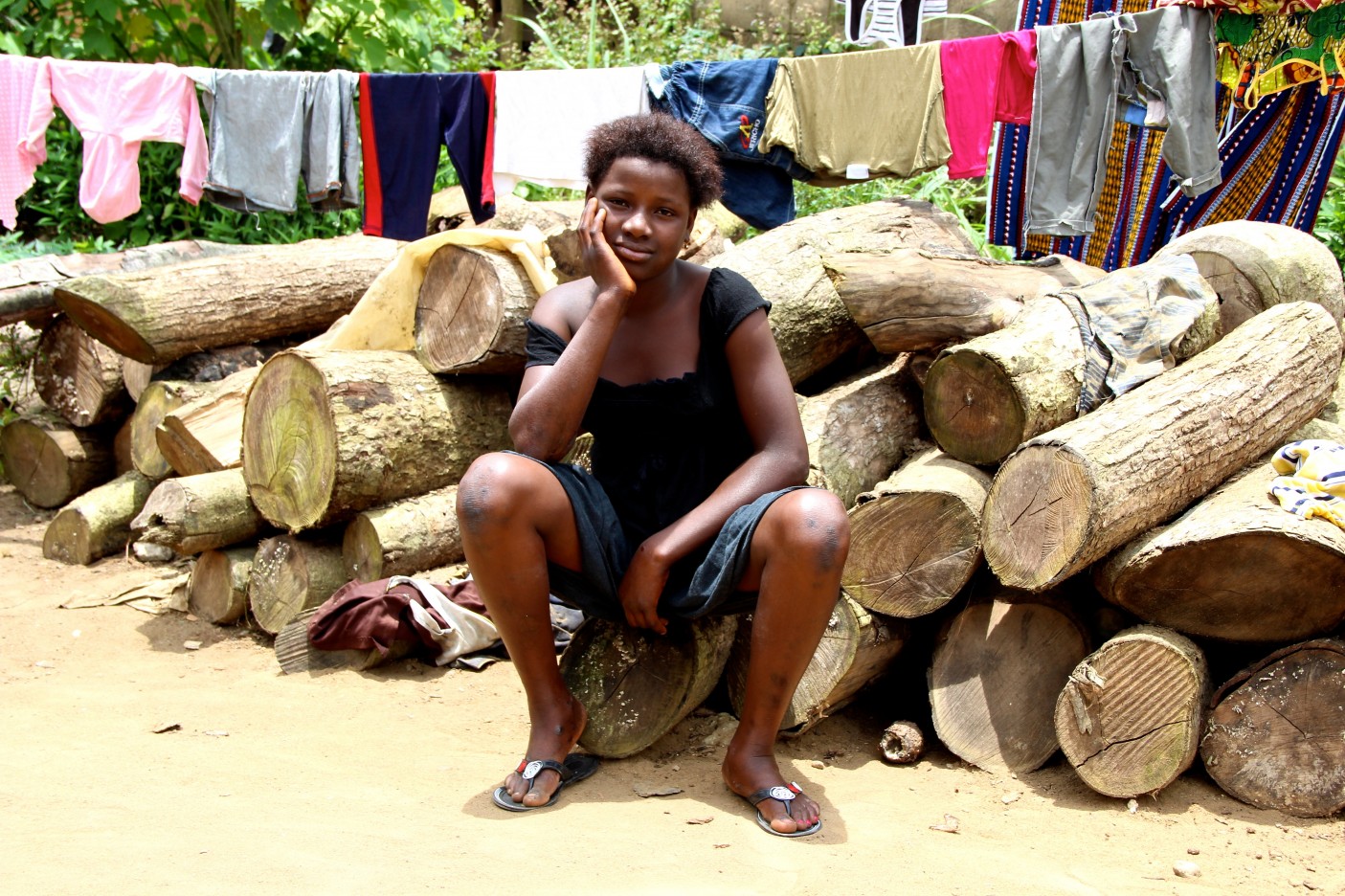COTE D’IVOIRE
Annick is around 13 years old and stateless, playing with her friend Fatou. © UNHCR / Arnaud Froger
Côte d’Ivoire hosts the largest stateless population in Africa. Statelessness in Côte d’Ivoire is linked to the country’s weak civil status system and long history of immigration, both before and after its independence.
Descendants of immigrants have often been viewed as foreigners, even when they have qualified for nationality under the nationality law. In addition, the current nationality law lacks a safeguard to grant Ivorian nationality to abandoned children whose parents cannot be identified (foundlings). The absence of this safeguard combined with the country’s history of migration and civil war has left hundreds of thousands of children stateless.


